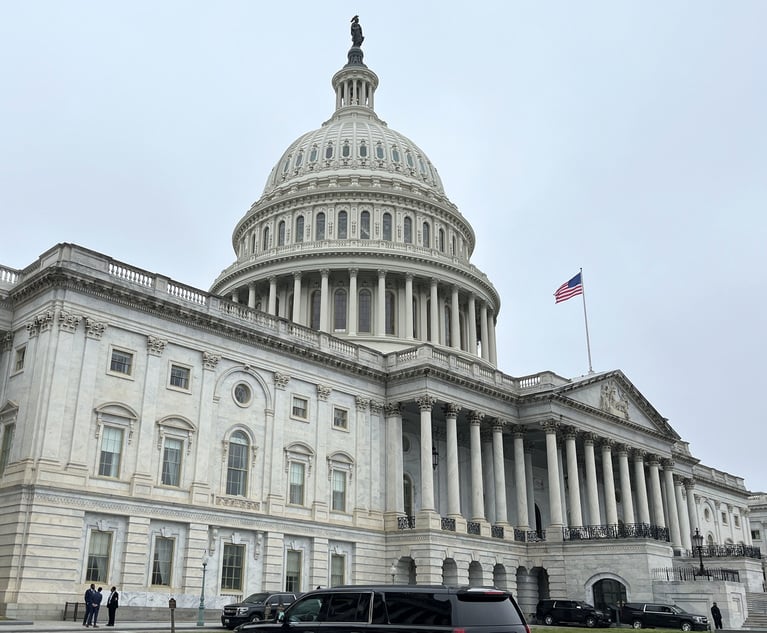 Under a federal statute, Section 1983 of the Civil Rights Act of 1871, individuals may sue state officials for violations of constitutional rights. As one example, pretrial detainees may assert jail officials acted with deliberate indifference to a serious risk of harm to their safety and well-being. Unlike under the common law, municipal employers cannot be held liable vicariously. Instead, local governments are responsible for constitutional violations only when actions pursuant to municipal policy caused the deprivation of rights. Monell v. Department of Social Services, 436 U.S. 658, 691-92 (1978). A municipality may be held liable for constitutional torts resulting from the decisions of its legislative body or those supervisory officials whose acts are said to be those of the municipality. Liability can rest on an express policy or an established custom. Monell liability can also arise from inaction where the defendant was on notice that conduct was needed to avert a constitutional violation such that the failure to act is the equivalent of a decision to violate the constitution. A Monell plaintiff must also establish causation—the plaintiff must show the municipality’s policy or custom was the moving force behind the injury.
Under a federal statute, Section 1983 of the Civil Rights Act of 1871, individuals may sue state officials for violations of constitutional rights. As one example, pretrial detainees may assert jail officials acted with deliberate indifference to a serious risk of harm to their safety and well-being. Unlike under the common law, municipal employers cannot be held liable vicariously. Instead, local governments are responsible for constitutional violations only when actions pursuant to municipal policy caused the deprivation of rights. Monell v. Department of Social Services, 436 U.S. 658, 691-92 (1978). A municipality may be held liable for constitutional torts resulting from the decisions of its legislative body or those supervisory officials whose acts are said to be those of the municipality. Liability can rest on an express policy or an established custom. Monell liability can also arise from inaction where the defendant was on notice that conduct was needed to avert a constitutional violation such that the failure to act is the equivalent of a decision to violate the constitution. A Monell plaintiff must also establish causation—the plaintiff must show the municipality’s policy or custom was the moving force behind the injury.
In two recent cases, one decided en banc, the U.S. Court of Appeals for the Seventh Circuit explored the contours of Monell liability. J.K.J. v. Polk County, __ F.3d ___, 2020 WL 2563256 (7th Cir. May 15, 2020) (en banc), involved proven claims that a prison guard sexually assaulted two jail inmates repeatedly. A jury awarded substantial damages against both the individual defendant and the county. On appeal, the Seventh Circuit affirmed the verdict against the individual; it set aside the verdict against the county based on Monell. Judge Scudder dissented on the Monell claim. On en banc review, the court reinstated the verdict against the county. Recognizing the respect afforded to jury verdicts, the court, in an opinion written by Judge Scudder, found sufficient evidence to sustain the jury’s entire verdict. The court relied upon expert testimony addressing material gaps in the county’s policies and the county’s deficient training and prevention program, which amounted to deliberate indifference to the risk of harm. The court found ample evidence to support liability from the county’s inaction in light of known risks of sexual assaults in jail.









